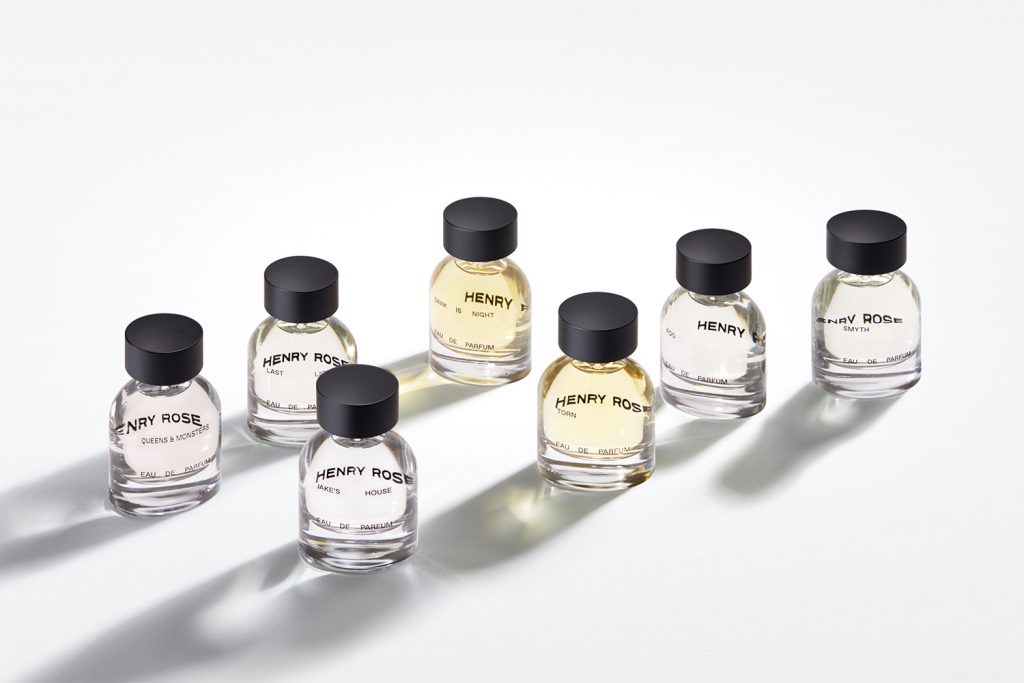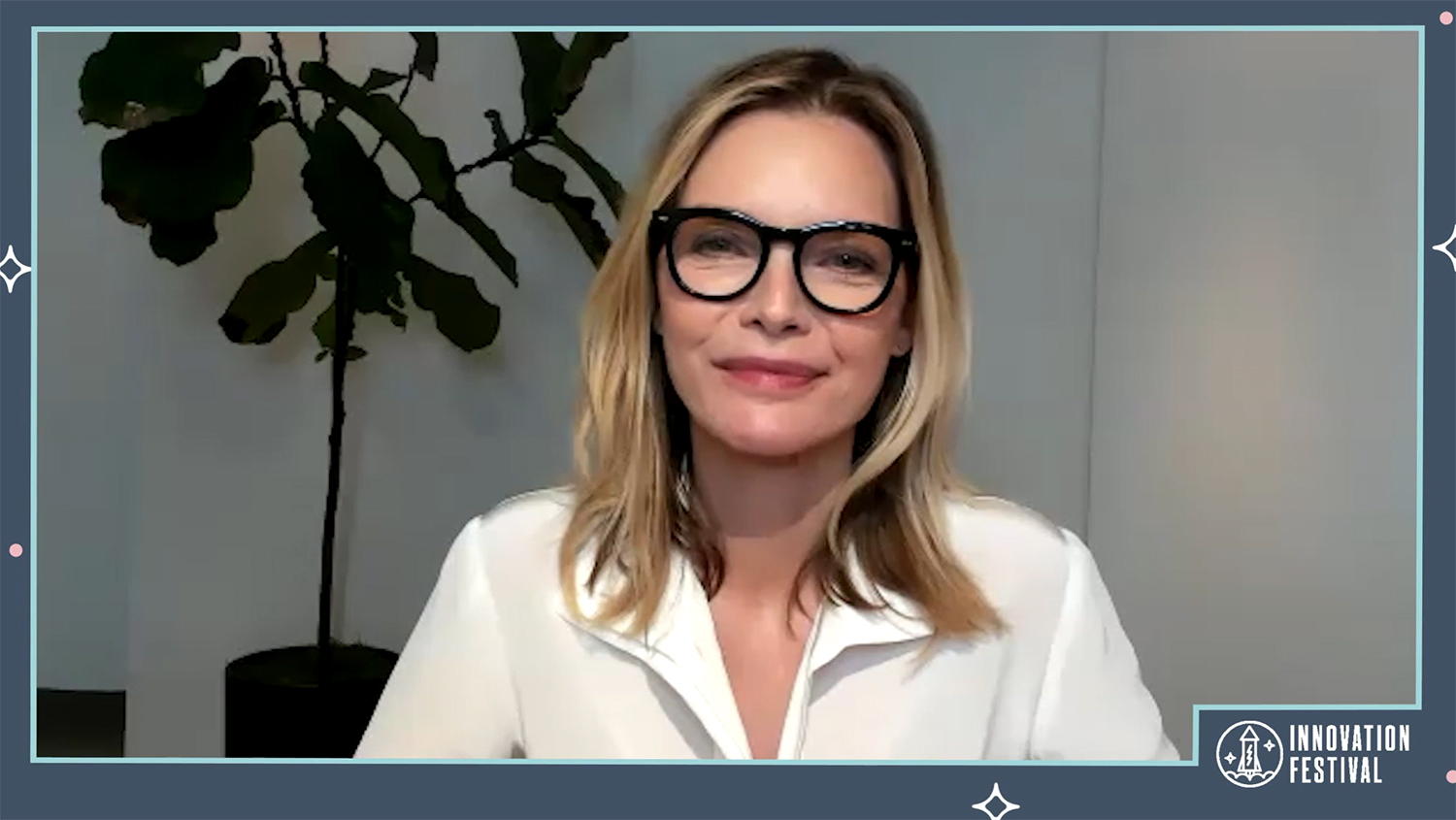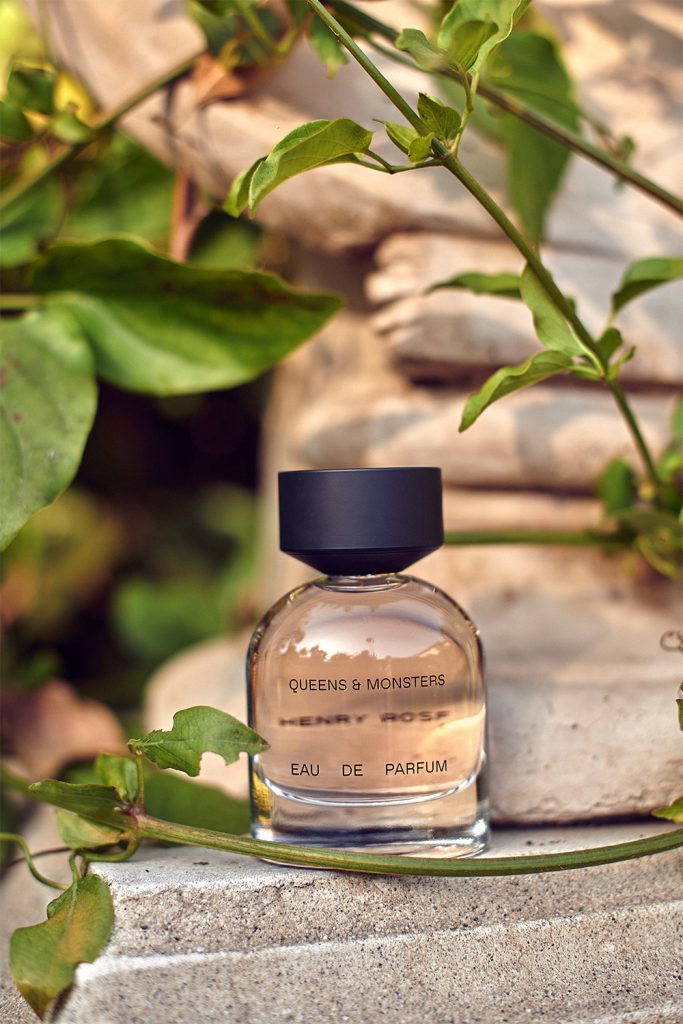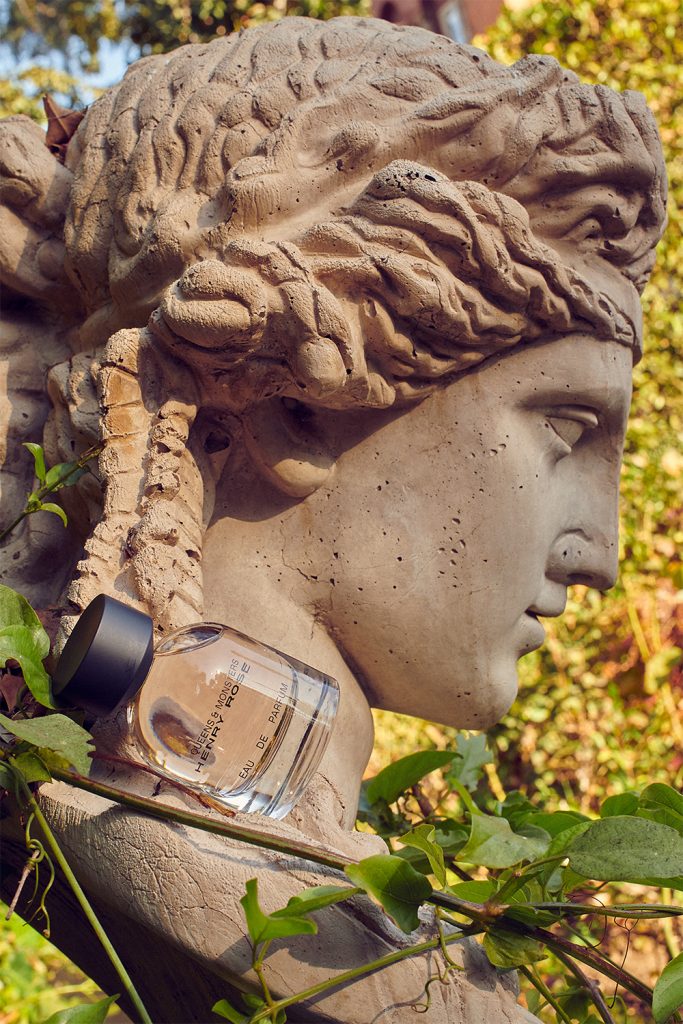What is clean beauty? Well, “clean can mean anything you want it to be.”
Oct. 8, 10 AM EST Fast Company Innovation Festival hosted “Making Clean Beauty Truly Safe: A Conversation with Michelle Pfeiffer.” Fast Company Editorial Director Jill Bernstein facilitated the conversation.
Twenty-seven years ago, Henry Rose Founder Michelle Pfeiffer began studying the environment, product ingredients, and the truth about the food we eat. “There just wasn’t a lot of information to be found back then,” Pfeiffer admitted, “[But] I knew just enough to make me paranoid all the time.”
In her search to understand the relationship between environmental safety and consumerism, Pfeiffer stumbled across the Environmental Working Group (EWG). EWG is an environmental safety resource to verify products’ certifications and ingredients while providing in-depth hazard rankings. Two things became apparent, the word “clean” comes without qualifications, and fragrances consistently had high toxicity rates.
“If it has a smell, it can be listed as a fragrance,” Pfeiffer said. In the industry, listing fragrance as an ingredient could technically be a long, hidden list of chemicals. Pfeiffer searched for fragrance-free products, organic and natural, but something was missing: a “complex fragrance experience”.
Initially, Pfeiffer’s acting achievements made a licensing deal feel like the obvious way to go. After meeting with several companies, it was clear that they would not produce a fragrance while being transparent about the ingredients. “I think it’s very different now; the climate has really changed,” Pfeiffer explained, “Back then, the idea of disclosing the ingredients of fragrance […] they looked at me like I had three heads.”
EWG President Ken Cook advised to bypass the cosmetics companies and go straight to the fragrance houses. After her first year of collaborating with a fragrance house, the fragrance house rescinded their statement on 100% ingredient transparency. Pfeiffer eventually found her place with International Flavors & Fragrances Inc (IFF). “They were amazing. I knew immediately when I sat down with them,” Pfeiffer said.
Creating safe fragrances was no easy feat. Beyond finding a reliable fragrance house, Pfeiffer intensely focused on meeting the safety and sustainable certification requirements of EWG, Cradle to Cradle, and the Leaping Bunny Program. “A person shouldn’t have to choose […] quality over safety.”
Henry Rose launched in April 2019. Although it experienced some bumps in the road, Pfeiffer was pleasantly surprised by the brand’s cosmetic and fragrance industries’ embracement. The company quickly accumulated many awards, including an Allure 2020 Best of Beauty Award.

Later this Fall, Henry Rose plans to release its 8th fragrance and new candles, lotions, and diffusers. In each product, the company has strived to meet the same qualifications as their fragrances.
As Pfeiffer continues her mission to create safe products, she has started working with Congress to develop and pass a Toxic-Free Cosmetics Act. The Toxic-Free Cosmetics Act bans 12 toxic materials, which are already prohibited in 40 countries. So why is the United States so far behind? Proving to businesses that products will still be profitable can be difficult.
The Senate has passed the Toxic-Free Cosmetics Act in California, and Pfeiffer is keeping her fingers crossed for a positive reaction from California Governor Newsom. With the increase in demand for safe products, the act has support from many large cosmetics companies.
While advocating for safe beauty, Pfeiffer finds importance in voicing support on other social issues. “What you learn over time is no matter what you post, someone’s gonna love it, someone’s gonna hate it,” Pfeiffer reflected, “So ultimately you have to be true to what feels authentic to you.”
Words by Ashley Wehrs
Image provided by Henry Rose PR



